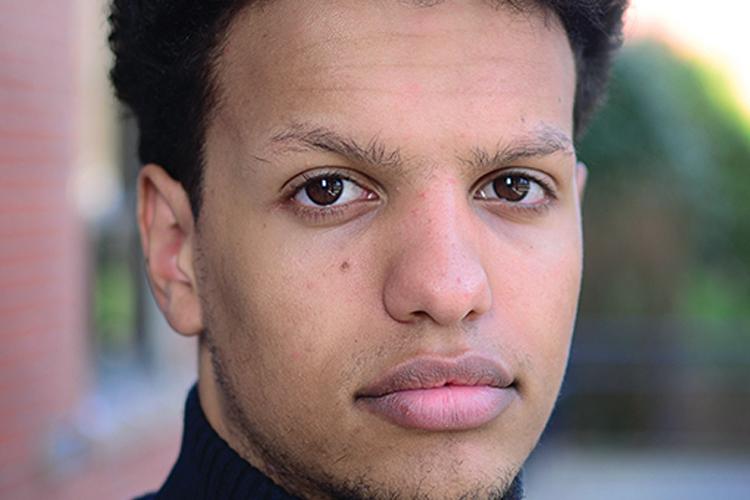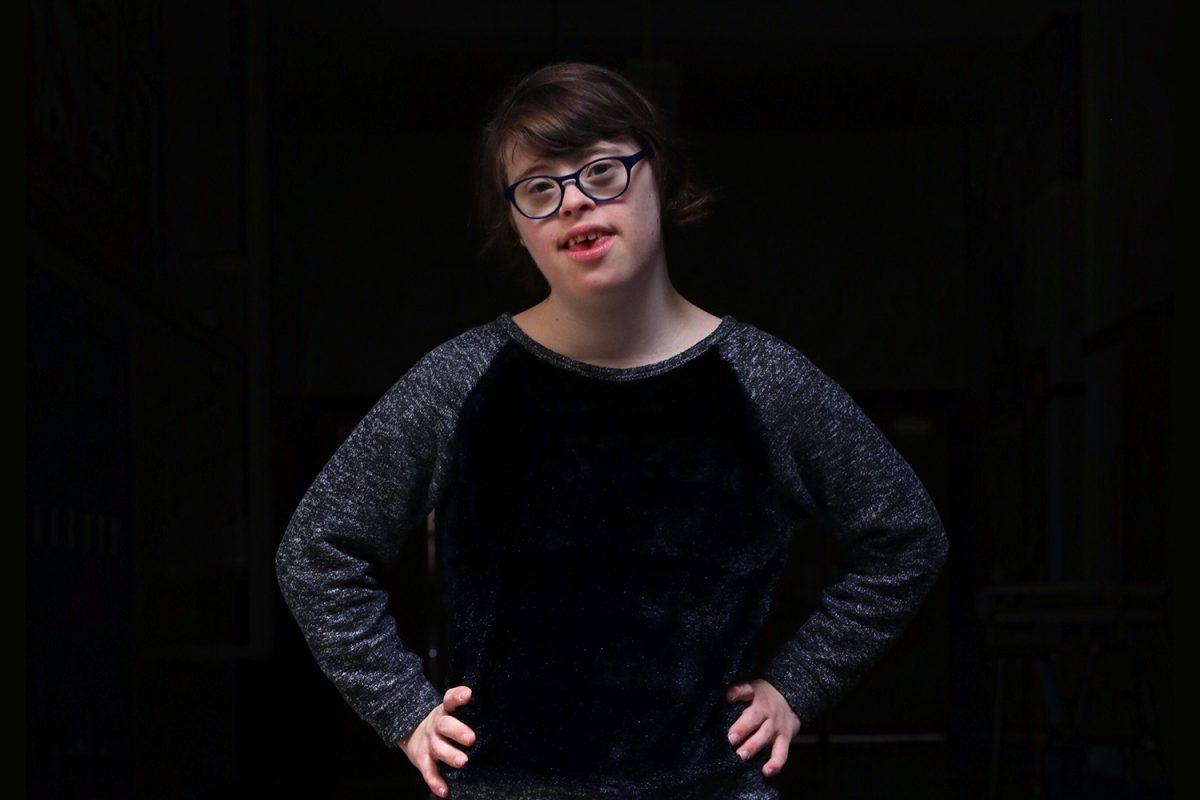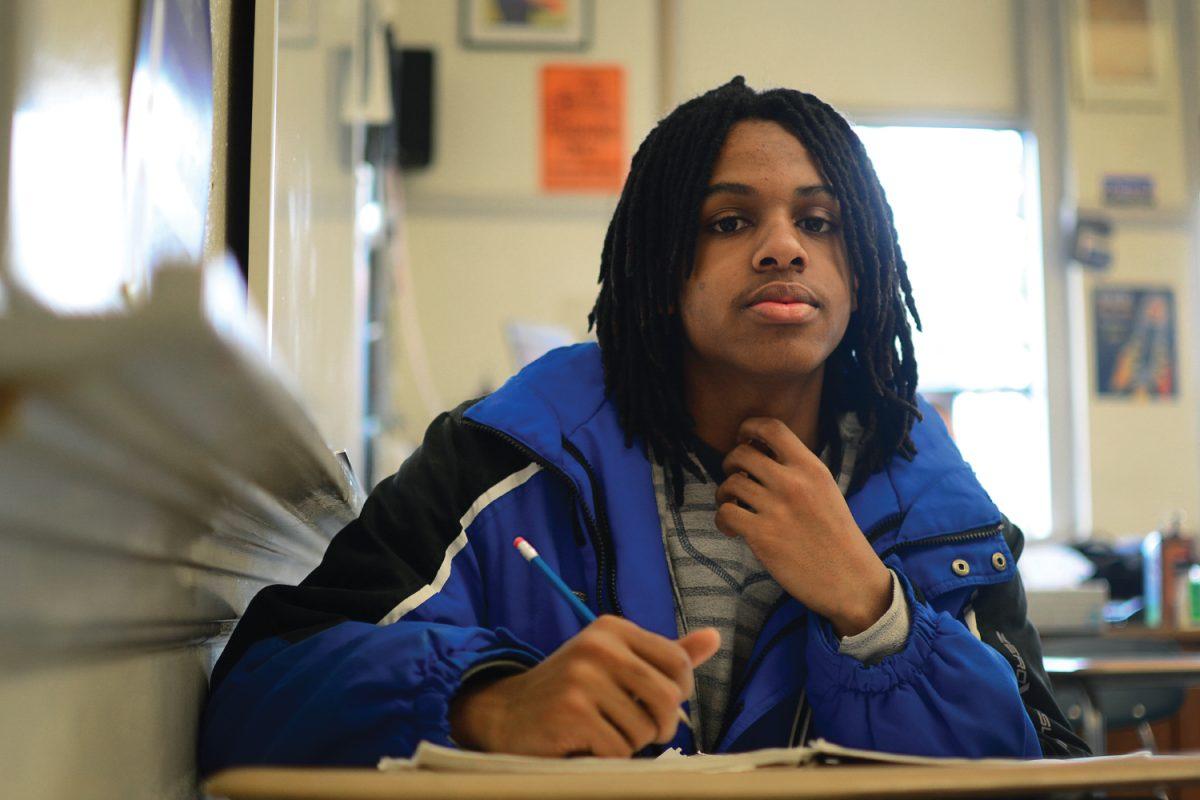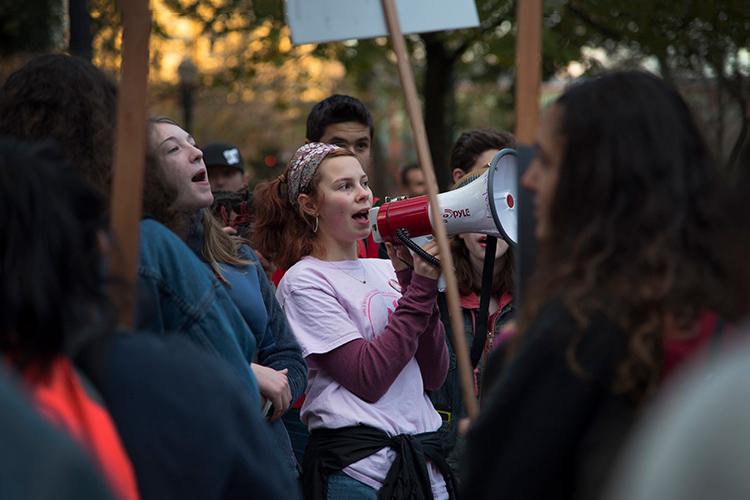
In first grade, I was assigned to do a project on the career that I wanted to pursue when I was older. Other students in my class did their projects on becoming firefighters, singers or authors. I did mine on being the President of the United States.
Even at 6 years old, the United States presidency absolutely fascinated me. The president had the power to make decisions that nobody else in the country could. Teachers and parents laughed at my dream of being president, but to me, it wasn’t a joke.
When I was 10 years old, my passion for politics intensified when Barack Obama was elected, becoming the nation’s first black president. I decided that all future presidents, maybe myself included, should govern with the grace that he did.
But the election of Donald Trump last November shattered my idea of what it means to be the president. His campaign was littered with controversy and dishonesty, and his term thus far has been nothing short of disastrous. He is not a man who I, nor the rest of this nation’s aspiring politicians, can look up to.
What scares me the most is that Trump’s first weeks in office represent a transformation of American politics. He has the ability to set a new precedent by lowering voters’ expectations of their politicians and trivializing the importance of factual evidence.
Although our current presidential administration is certainly an anomaly, presidential dishonesty and scandals aren’t anything new.
In 1974, Richard Nixon resigned from the presidency after he ordered his aides to break into the Democratic National Committee’s headquarters at Watergate Hotel. Presidential candidate Gary Hart was forced to drop out of the 1988 presidential race after it was revealed he was cheating on his wife with a model. In 1998, the House of Representatives impeached Bill Clinton when he lied about having an affair with a 22-year-old White House employee.
Since President Trump announced his candidacy, he’s been accused of walking in on naked Miss Teen USA contestants, and he’s admitted to sexually assaulting women on tape. Ties have been drawn between his administration and the Russian government, resulting in a growing controversy that could match Watergate in scale.
In addition, Trump and his administration have become notorious for lying. Politifact, a fact-checking site, finds that 70% of the statements President Trump makes are false to some degree. On that same scale, both Hillary Clinton and President Obama come out at 26%.
Several times, Trump has stated that he lost the popular vote because millions of people voted illegally, when in reality there is only evidence of four cases of voter fraud in the 2016 elections. In late January, he boasted that his inauguration was the most well-attended of all time, yet data from the National Park Service shows that far fewer people were at his inauguration than Obama’s in 2008.
The majority of presidents have lied, and many presidents like Nixon, Clinton and Democratic candidate Hart have been a part of major scandals. But what sets Trump apart is the lack of consequences. The president has encountered no threats of impeachment by the House of Representatives and little criticism from Republican leadership. Left-leaning news sources have thoroughly arraigned the president, but Trump has responded by labelling their networks as “fake news.”
If Trump continues to get away with everything he does, what’s stopping other politicians from inciting hatred? What’s stopping other politicians from waging a war against the media or the federal courts? What’s stopping other politicians from catering to feelings rather than reality?
While most Grant High School students experience fear and concern around Trump, some say that the changes the Trump presidency has caused are not all harmful in the long term.
“I think in a way it’s made me want to go into politics even more because I feel like politics have become corrupted … It kind of makes me want to join so I can make a difference,” says sophomore Leul Wubshet.
As I witness the nation’s politics shifting everyday before my eyes, I realize that it’s my responsibility now more than ever to get involved. Although the future of American politics feels uncertain, I plan to study political science in college.
I know that this country needs a diverse generation of community members running for office who are knowledgeable and qualified. We need people who will push us in the direction of morality, truth and unity – integral values of politics. We need politicians who can be role models for our youth. We need to start prioritizing reality and facts over feelings and biases toward political parties.
To all the young people out there who may be upset by what’s going on in politics right now, remember this: We are the future politicians, lobbyists, lawyers, judges and voters.
We can’t know for sure what the future of politics will look like, but we can do everything possible to steer it in the right direction. ◆


































